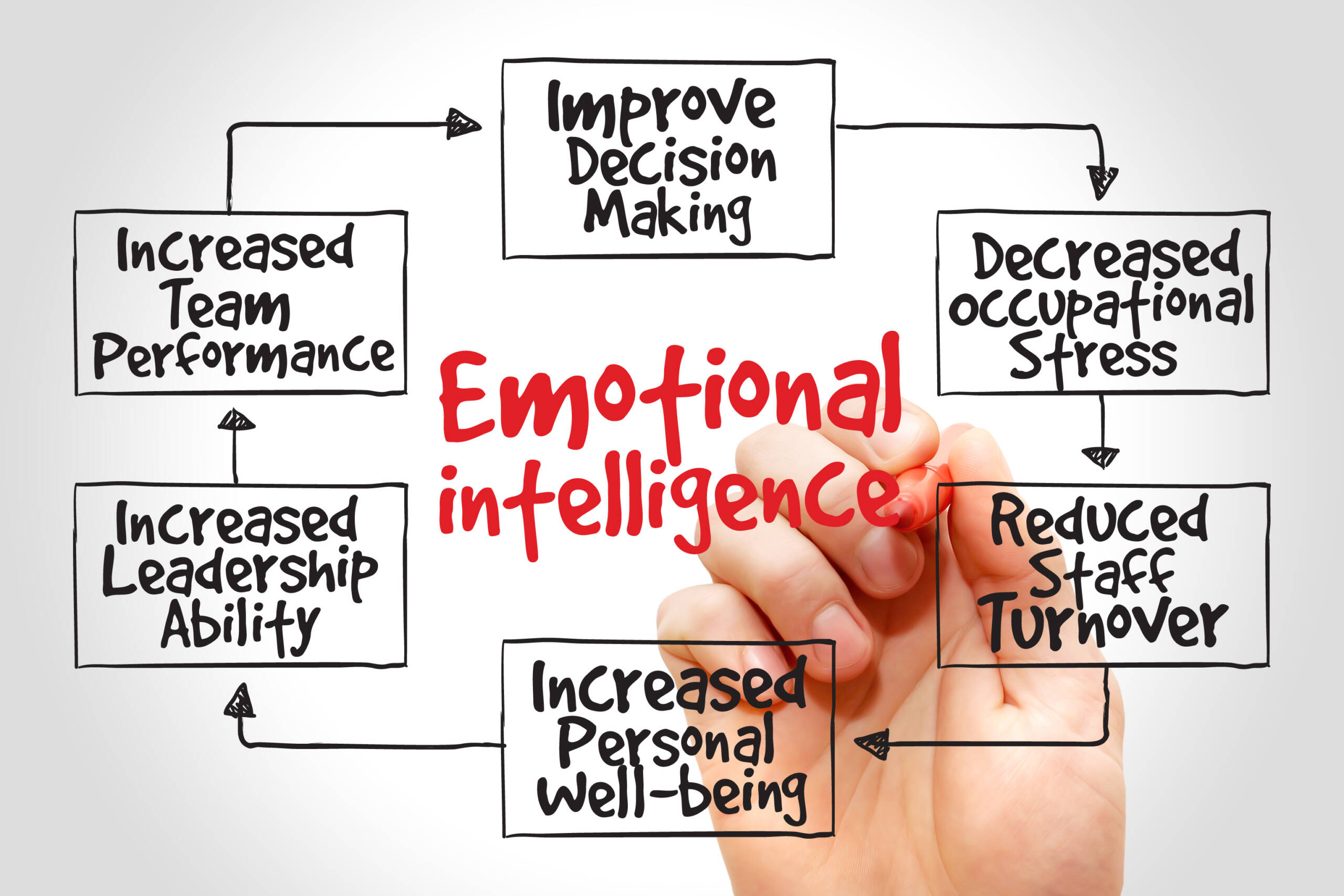
One change in working practises that has become more prevalent since the pandemic is hybrid working, often yielding many benefits for both employer and staff. It can offer greater flexibility and choice on where to work, a better work life balance with the potential of creating a larger talent pool and reduced overhead costs for employers. The experience of working from home has varied dramatically based on many factors, including geography, industry, job type and job level. The novelty of being able to lay around in lounge wear soon waned as it became an isolating and lonely experience for many. In fact in a Global Study by Steelchase conducted in multiple countries, with over 32,000 cumulative participants (including UK) measured how the COVID-19 pandemic will change the future of work, revealed that isolation ranks the highest among participants in all 10 countries as the leading factor that worsened during mandatory work-from-home orders. Humans are social animals, we have evolved through connecting with each other, we do not thrive when alone. Loneliness was a growing issue before the pandemic, and this has only accelerated over time resulting in employee disengagement and declining productivity. Virtual meetings can’t replicate the same level of connection people feel when they are together, our ability to observe the same non-verbal body language signals diminishes, we often feel less likely to speak up than when we are physically in the room, resulting in a greater sense of disconnection.
So how can we actively encourage connectivity among a distributed workforce to ensure people don’t feel isolated and lonely and help them thrive?
Emotional Intelligence Coaching and Training
“People feeling part of a community is a top predictor of higher scores in productivity, engagement, innovation and commitment,” says the Steelcase report. One of the most important capabilities for increasing connection is collaboration, the ability to foster open, honest, and productive communication to generate ideas, find solutions, and achieve common goals benefiting all parties. An emotionally intelligent workforce achieves just that. In business you may often hear lets be rationale and leave our feelings out of it.. but that is actually irrational because its not how our brains work. Thanks to neuroscience we have a better understanding as to how the brain works and how emotions are central to every decision we make. Emotions are invaluable in the workplace they help us innovate, solve problems, motivate us and connect us. Every piece of data is being filtered by our current emotional state, what we are perceiving about ourselves and others, part of being emotionally intelligent is the ability to tune in accurately to get the right data that will help you.
The good news is that emotional intelligence otherwise known as EQ, is a skill that can be learnt. The biggest risk to hybrid working is a downward spiral where disconnection, overwhelm, and stress fuel one another. As the disconnection leads people to feel even more overwhelmed due to a lack of support, in turn when stress takes control you diminish your ability to control your behaviour and your stress, it becomes a vicious cycle. While it’s good to have intermittent stress to promote growth its important to have regular strategies you can employ to give yourself a break from stress. Being able to recognise and understand emotions in yourself and others and effectively use this to manage your behaviour and relationships, respond to challenges with flexibility, bounce back from challenges, and even find opportunities within workplace stress are all extremely useful skills.. Emotional intelligence, helps us better understand what motivates others, it also helps us work more cooperatively with others. The more skillful you are at discerning the feelings behind others’ signals the better you will be able to control the signals you send back to them. As a result, you will be more successful in life.
Emotionally intelligent people spend less time in pointless conflict and more time building coalition, know how to find a path through complexity, can motivate and energise themselves for greater focus a useful skill when working remotely. A lot of data that shows people with higher EQ have greater career progression, in fact it is the critical factor that sets star performers apart from the rest of the pack and is ranked by the World Economic Forum as one of the top 10 most important workplace skills for 2020. As you move up the career ladder you sphere of concern gets bigger, the complexity of your role gets bigger. You become more driven by people so while you may still need your technical expertise your ability to deal with people must be good, therefore those who demonstrate higher EQ have a higher incidence of career success. Unlike IQ which is generally fixed EQ is a skill that cane be learnt and built upon
EQ the perfect antidote to thrive in uncertain times
Interested in how you can harness the adaptive function of emotions to perform more effectively in your job role; become more engaged with work, and have higher commitment to your organisation? Learn how to avoid behaviours that will derail success in the workplace? Discover life changing strategies for better habit systems and positively impact your wellbeing with remarkable results?
CONTACT US TODAY FOR A FREE DISCOVERY SESSION aideen@lifeblueprint.co.uk
Helping clients to create happier, resilient and more productive organisations through sustainable, evidence-based wellbeing solutions that deliver real results!

